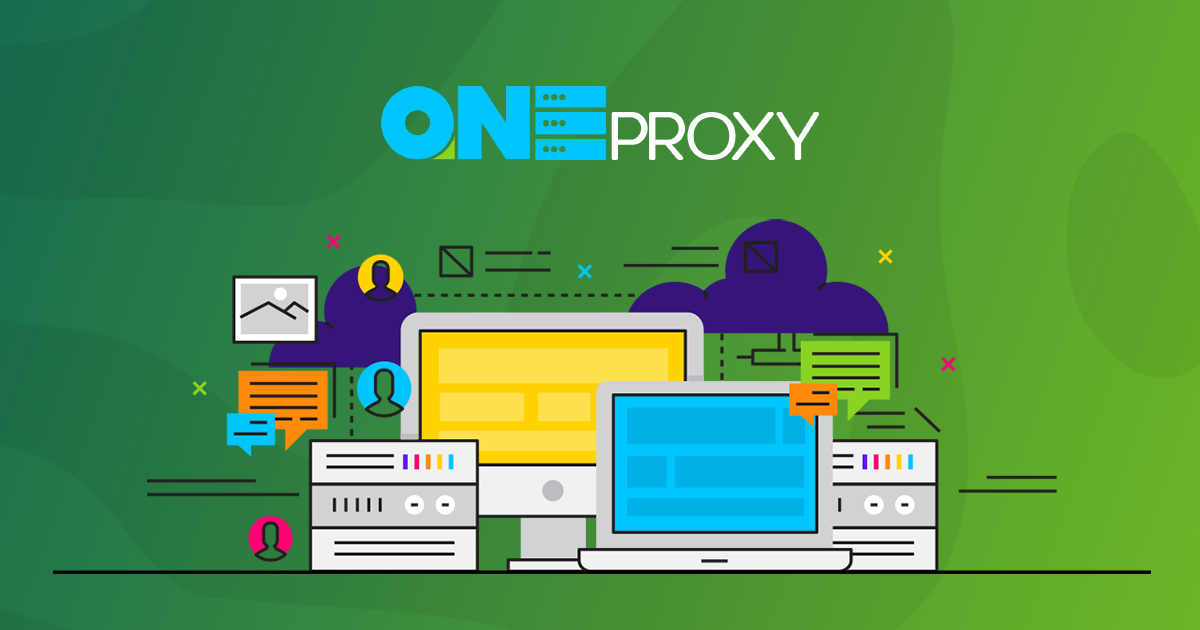Proxy Servers for Splash

Proxy servers for use in Splash. Unlimited traffic. Supported protocols: HTTP, HTTPS, SOCKS 4, SOCKS 5, UDP. Rotating proxies with pay-per-request. Reliable and stable connection with 99.9% uptime. Fast speed. Technical support 24/7.
Price: 59
Price Currency: USD
Operating System: Windows, macOS, iOS, Android, Linux, Ubuntu
Application Category: UtilitiesApplication
4.5
Splash is a versatile and powerful web scraping and data extraction tool that has gained popularity among data professionals, researchers, and businesses. It offers a wide range of capabilities for extracting structured data from websites, making it an indispensable tool for various tasks, including web scraping, data analysis, and content aggregation.
What is Splash Used for and How Does it Work?
Splash is primarily used for rendering web pages and executing JavaScript. Unlike traditional web scraping tools, which often struggle with dynamic content generated by JavaScript, Splash can fully interact with JavaScript-based websites. Here’s how it works:
-
URL Request: You send a URL request to Splash, specifying the webpage you want to scrape.
-
Rendering: Splash renders the web page in a virtual browser, just like a human would do in a real browser. This allows it to execute JavaScript, load dynamic content, and handle AJAX requests.
-
Data Extraction: Once the page is rendered, Splash can extract the data you need, whether it’s text, images, or any other information present on the page.
-
Customization: You can customize Splash scripts to interact with the page, such as clicking buttons, filling out forms, or scrolling to load more content.
-
Output: Finally, Splash provides the scraped data in a structured format, usually in JSON, making it easy to integrate into your applications or analysis pipelines.
Why Do You Need a Proxy for Splash?
While Splash is a powerful tool for web scraping and data extraction, using it without proxies can have limitations and drawbacks. Here are some reasons why using a proxy with Splash is essential:
-
IP Rotation: Websites often have mechanisms in place to detect and block excessive requests from a single IP address. By using proxies, you can rotate IP addresses, making it more challenging for websites to identify and block your scraping activities.
-
Geographic Targeting: Some web scraping tasks require data from specific geographic locations. Proxies allow you to scrape data as if you were located in different regions, enabling geographically targeted data collection.
-
Anonymity: Proxies provide a layer of anonymity, making it difficult for websites to trace your scraping activities back to your real IP address. This is especially important when scraping sensitive or competitive data.
Advantages of Using a Proxy with Splash.
Using proxies in conjunction with Splash offers several advantages:
-
Improved Reliability: Proxies help ensure uninterrupted scraping by reducing the risk of IP bans or rate-limiting from websites.
-
Enhanced Privacy: Proxies keep your real IP address hidden, preserving your anonymity and protecting your identity.
-
Geographic Flexibility: You can access region-specific content and bypass geo-restrictions by routing your requests through proxies in the desired locations.
-
Scalability: Proxies enable you to scale your scraping operations by distributing requests across multiple IP addresses.
-
Data Quality: By using proxies, you can gather comprehensive and accurate data by avoiding limitations imposed by websites.
What Are the Сons of Using Free Proxies for Splash?
While free proxies may seem tempting, they come with significant drawbacks when used with Splash:
| Cons of Free Proxies |
|---|
| Limited Reliability |
| Slow Speeds |
| Limited IP Pool |
| Security Concerns |
| Lack of Support |
Free proxies often suffer from limited reliability and slow speeds, which can hinder your scraping operations. Their IP pools are usually smaller, increasing the risk of detection and blocking by websites. Additionally, free proxies may raise security concerns, as their operators may log your activities. Lastly, you’ll likely receive no support when encountering issues with free proxies.
What Are the Best Proxies for Splash?
Choosing the right proxies for Splash is crucial for successful web scraping. Here are some considerations when selecting the best proxies:
-
Residential Proxies: Residential proxies use real IP addresses from internet service providers, making them highly reliable and difficult to detect.
-
Rotating Proxies: Rotating proxies automatically switch IP addresses at regular intervals, reducing the risk of IP bans.
-
Proxy Pool Size: Opt for providers with a large proxy pool to ensure a diverse range of IP addresses.
-
Location Coverage: Select proxies that cover the geographic regions relevant to your scraping needs.
-
Quality of Service: Look for providers that offer dedicated customer support and service-level agreements (SLAs).
How to Configure a Proxy Server for Splash?
Configuring a proxy server for Splash is a straightforward process:
-
Install Splash: First, ensure you have Splash installed on your system.
-
Obtain Proxies: Sign up with a reputable proxy provider like OneProxy and obtain the proxy server details.
-
Configure Splash: Modify your Splash scripts to include proxy settings, specifying the proxy IP address and port.
-
Authentication: If your proxies require authentication, include the username and password in your configuration.
-
Testing: Test your configuration to ensure that Splash is successfully using the proxies for web scraping.
In conclusion, Splash is a powerful tool for web scraping and data extraction, and when combined with proxy servers, it becomes even more versatile and effective. Proxies offer numerous advantages, including IP rotation, anonymity, and geographic flexibility, while ensuring reliability and data quality. However, it’s crucial to choose the right proxies and configure them correctly to maximize the benefits of using Splash for your data extraction needs.














